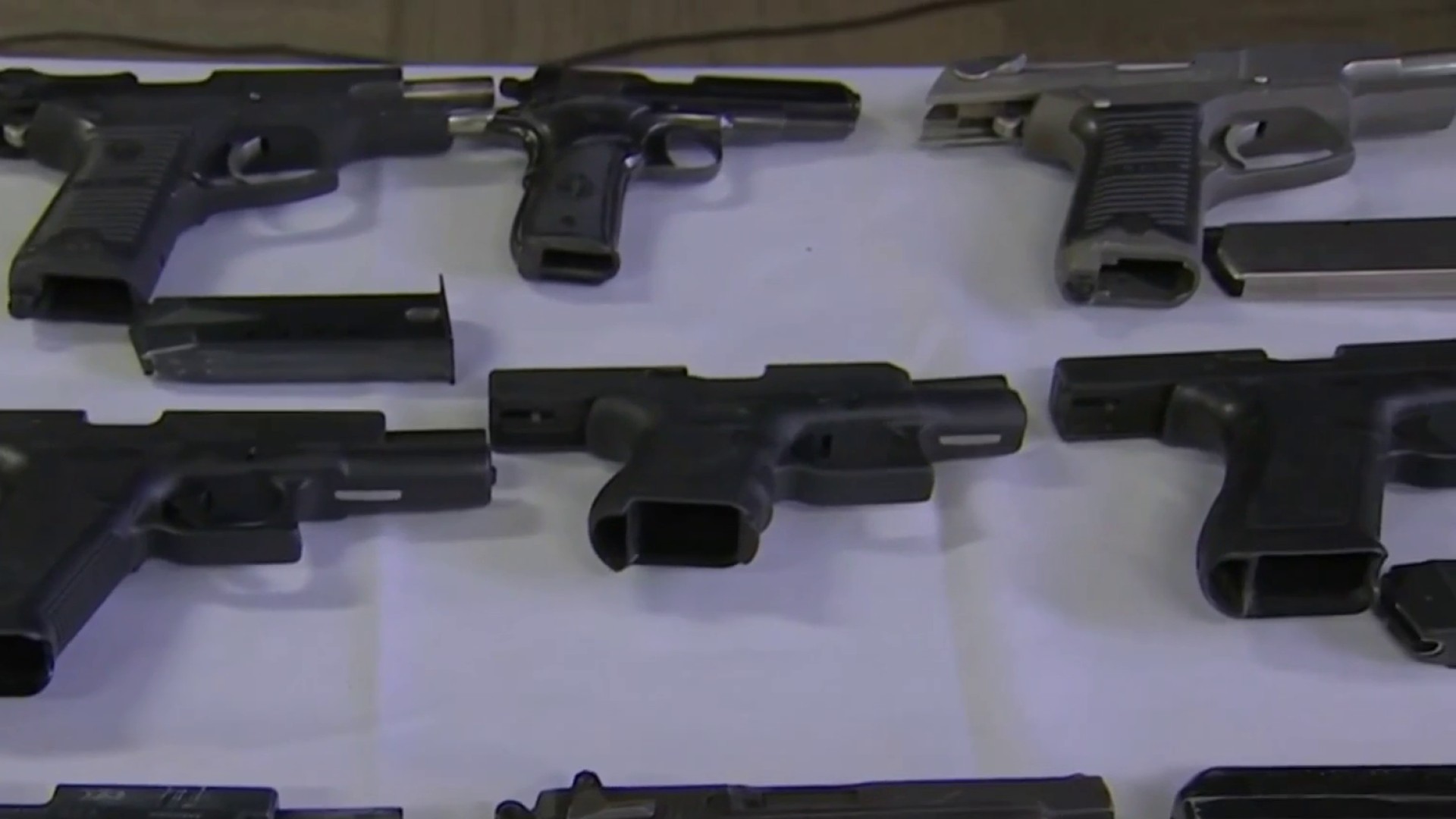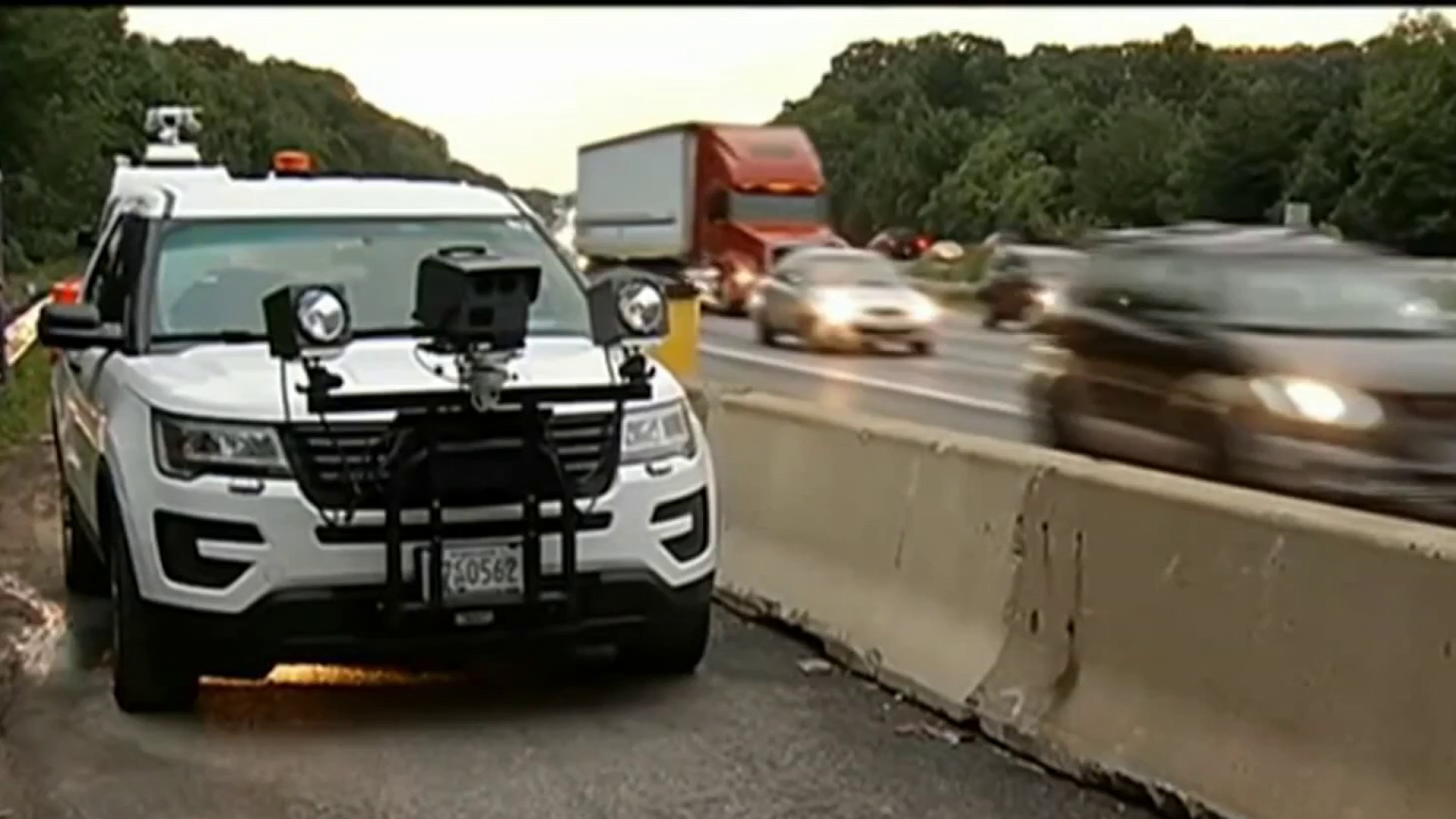The District has had a version of a lottery and instant games since the early 1980s.
Games and scratch tickets have grown expansively.
The lottery takes in about $200 million and returns a profit each year of about $55 million to the city’s general fund after commissions and prize payouts of about $135 million and other expenses.
Over those years, there have been occasional reports of mismanagement, severe personnel disputes, lottery ticket shortages and even questions about the awarding of the lucrative lottery contract itself. The financial control board in 1996 abolished the board of political appointees that ran the operation, a move reaffirmed in 2005 by Congress. It has since been run as an arm of the Office of the Chief Financial Officer.
Even with all that, the lottery has been a major source of revenue since it began operating in 1983. Since that time, it has awarded over $3 billion in prizes and returned $1.8 billion to the city treasury.
But how is the lottery really run now? How does it stack up against other state-run lotteries?
The answer: surprisingly well.
Local
Washington, D.C., Maryland and Virginia local news, events and information
“The D.C. Lottery is one of the most successful lotteries in the U.S.,” says a new report that was commissioned by D.C. Chief Financial Officer Jeffrey DeWitt. The report by Delehanty Consulting noted the D.C. Lottery was in the top 10 of state lotteries per capita even though it is the only city-run lottery and has severe federal restrictions on selling on federal properties within the city. (That’s a lot of properties.)
DeWitt, according to his staff, asked for the review because of the turbulent history. “He wanted an objective, outside opinion,” a staff person told The Notebook. The review cost $180,000.
Ward 2 D.C. Council member Jack Evans, whose Finance and Revenue Committee oversees the lottery, has also wanted reform. When DeWitt first arrived in 2013, Evans asked him “to take care of it and he did,” the legislator said. “It was a remarkable achievement given where we were.”
Evans, DeWitt and the report all agree that city now has some of the best system security to recognize ticket scams or other cheating.
The new report wasn’t all good news. The Delehanty report, which runs 133 pages, reviewed 50 different aspects of running the lottery and made more than a dozen suggested improvements.
Find the study at tinyurl.com/dclotteryreport.
■ More, more, more. Another new report suggests the Washington region will be bursting at the seams by 2045, gaining a total of 1.5 million more people. That’s an increase from 5.4 million to 6.9 million.
“How will they all get around?” asked NBC4 transportation reporter Adam Tuss. That’s a good question for which there are no clear answers right now.
The Metropolitan Washington Council of Governments issued the report early this month.
While the outer suburbs will continue to develop, the report said the inner jurisdictions of Arlington County, Alexandria and the District of Columbia will grow by 42 percent.
Stunningly, the District alone is forecast to have 315,000 more people in the next 30 years. If so, our population would reach nearly 1 million people. The most we’ve ever had was about 800,000 around World War II.
If the report is anywhere close to right, city policies on height restrictions and land use will come under even more pressure. The city’s zoning rules already have been adjusted in anticipation of more growth.
And Tuss wasn’t joking. Transportation is critical to the region’s growth. And it’s not just a question of building more suburban roads or limiting parking in the city. Harriet Tregoning, a former D.C. Office of Planning director and now a U.S. Housing and Urban Development official who sits on the Washington Metropolitan Area Transit Authority’s board, was clear that the city won’t drive its way out of that growth.
The Metro system — rail and bus — must be made much more effective. And pedestrians and cyclists need to be seen as routine — normal and desirable — parts of the transportation mix, not seen as “alternative” transportation.
Nothing said more about the troubled regional transportation system than Metro’s emergency announcement Tuesday. Metro said it was shutting down its entire rail system for 24 hours starting at midnight last night to inspect every rail line for faulty electrical connectors.
“I cannot rule out a life and safety issue,” said a grim-faced general manager Paul Wiedefeld. “I fully recognize the hardship” on hundreds of thousands of commuters, he said.
At our deadline, the federal and local governments, businesses and others were scrambling to decide whether to open or close on Wednesday, facing what could be a nightmare of a travel day in the nation’s capital and its suburbs. For its part, D.C. Public Schools announced that the system would be open, with officials planning to arrange extra bus service and to excuse student absences and tardiness.
■ Senate debate. Tune in the WAMU 88.5 Politics Hour at noon on Friday. Kojo Nnamdi and your Notebook will be asking questions of Maryland’s leading Democratic candidates for the U.S. Senate, Chris Van Hollen and Donna Edwards. It’s their first of four debates scheduled before the April 26 primary.
Tom Sherwood, a Southwest resident, is a political reporter for News 4.



